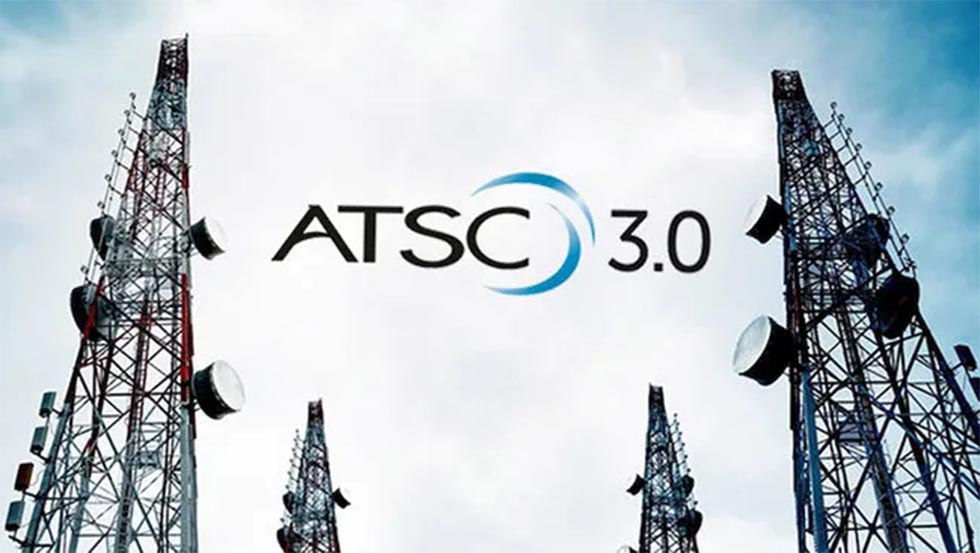It should be obvious in a few weeks, when the International Consumer Electronics Show opens in Las Vegas, that 2012 should be a banner year for mobile DTV. Driving this are business plans from the Mobile Content Venture (MCV), which announced "Dyle TV" this year, and the Mobile 500 Alliance, which has another business model for ATSC Mobile DTV.
While it is not expensive for a broadcaster to transmit Mobile DTV, until the MCV and Mobile 500 Alliance business plans were developed, it wasn't clear what, if anything, adding Mobile DTV would do to bring in more revenue. However, many broadcasters did begin Mobile DTV broadcasting in 2011 and we saw more options for viewers wanting to pick up Mobile DTV
In 2011, RCA started selling a line of high-performance mobile DTV receivers. The Hauppauge Aero-M USB tuner also became widely available at a cost of only $59. Coby sold a Mobile DTV USB tuner based on the DTV Interactive USB dongle. Although demonstrated at last year's CES, we did not see a tuner/adapter for Android or Apple tablets or smartphones with Mobile DTV capability make it to the market this year.
In the end, that's probably good because much of the broadcast Mobile DTV content now on the air will be encrypted soon, if it isn't already, rendering older Mobile DTV receivers obsolete. That doesn't mean viewers will have to pay for Mobile DTV, but they will have to have the right receiver and register. This will assuage the fears of some content providers (illogical because existing over-the-air HDTV can easily be recorded and converted to tablet- or smartphone- compatible video format), but, more importantly, it will allow broadcasters to get a count of how many people are watching and collect demographic information. It also allows broadcasters to control what devices the encrypted signals can be viewed on and set standards for receiver performance and capability. This should improve viewers' Mobile DTV experience.
The downside of this is that while encrypted Mobile DTV will be available on Android smartphones, it is unlikely to be available for notebook or desktop Linux systems and perhaps even Windows-based systems.
Recently I reported on Motorola Mobility Research's study showing the United States lags behind other countries in use of TV on smartphones and tablets. I'll have coverage of Mobile DTV at CES in RF Report over the next two weeks.
The professional video industry's #1 source for news, trends and product and tech information. Sign up below.

Doug Lung is one of America's foremost authorities on broadcast RF technology. As vice president of Broadcast Technology for NBCUniversal Local, H. Douglas Lung leads NBC and Telemundo-owned stations’ RF and transmission affairs, including microwave, radars, satellite uplinks, and FCC technical filings. Beginning his career in 1976 at KSCI in Los Angeles, Lung has nearly 50 years of experience in broadcast television engineering. Beginning in 1985, he led the engineering department for what was to become the Telemundo network and station group, assisting in the design, construction and installation of the company’s broadcast and cable facilities. Other projects include work on the launch of Hawaii’s first UHF TV station, the rollout and testing of the ATSC mobile-handheld standard, and software development related to the incentive auction TV spectrum repack. A longtime columnist for TV Technology, Doug is also a regular contributor to IEEE Broadcast Technology. He is the recipient of the 2023 NAB Television Engineering Award. He also received a Tech Leadership Award from TV Tech publisher Future plc in 2021 and is a member of the IEEE Broadcast Technology Society and the Society of Broadcast Engineers.
